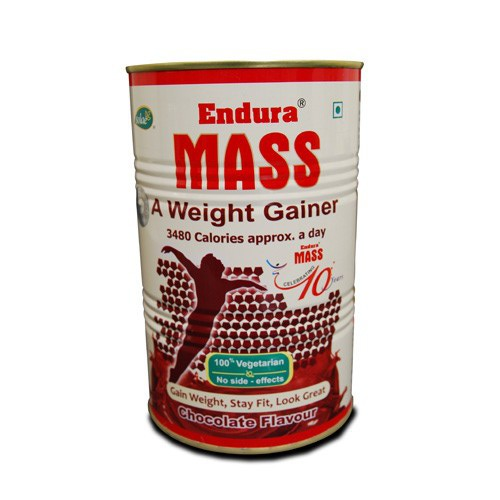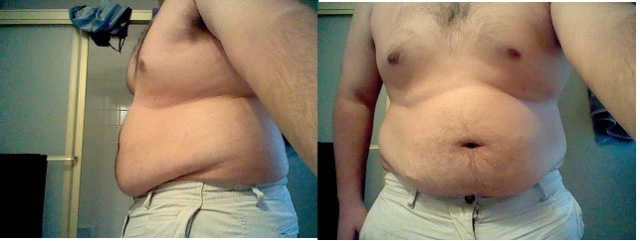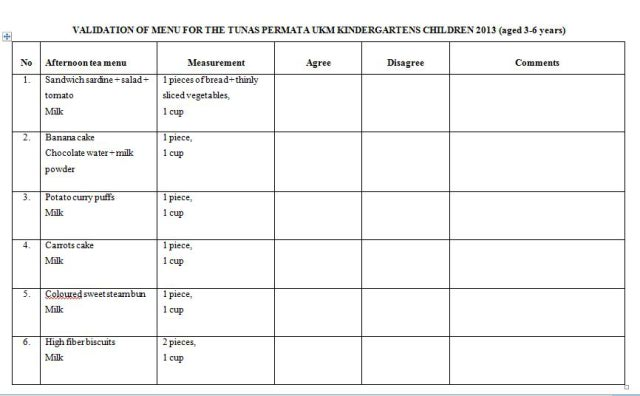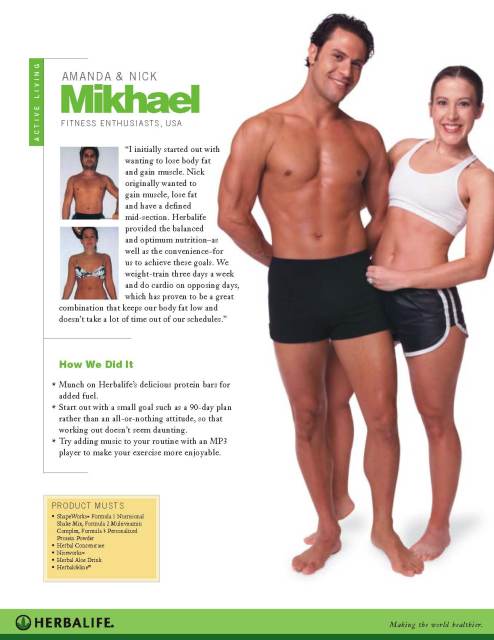Gaining body strength in 2006
Question
Hi,
Thanks for your time in helping me out.
I am 6'3" and just 170 pounds. My goal weight is 190 pounds. I want to put on 2-3 pounds each month _ I am not sure if that is realistic or not. I seem to have the genes to gain the weight; my brother was my eight and around my same age (22) began working out and is now around 195-200 in great shape.
I will be exercising and weight training. I am hoping for a good 'weight increasing' diet to follow. A daily diet plan - i.e. how many calories I should eat in a day, how much protein, carbs, fruits and vegetables, vitamins, etc.
Also, I do cardio quite often - playing basketball, tag footbal and bicycling at least 3-4 days of the week.
If you have a good plan, please let me know and again, thank you SO MUCH for your time. Your help and advice is very appreciated.
Hello Jimmy!
Theoretically, you have to eat an extra 500 to 1,000 calories per day to gain of one to two pounds per week. But Nature often confounds this mathematical approach. Without question, some people do gain weight more easily than others. For example, in a weight gain study where the subjects were overfed by 1,000 calories per day for 100 days, some people gained only 9 pounds, whereas others gained 29 pounds. Why the big difference? Perhaps some of the subjects fidgeted more than others; perhaps some were genetically predisposed to obesity.
Keeping in mind your genetics and your tendency to fidget, here are five important rules to help you with your quest for bulk.
1. Eat consistently. Every day, have three hearty meals plus one to three additional snacks. Do NOT skip meals! You'll miss out on important calories that you need to accomplish your goals.
2. Eat larger than normal portions. Instead of having one sandwich for lunch, have two. Eat three potatoes at dinner, instead of only two. Have a taller glass of milk, bigger bowl of cereal, larger piece of fruit.
3. Select higher calorie foods. Read food labels to determine which foods have more calories than an equally enjoyable counterpart. For example, cran-apple juice has more calories than does orange juice (170 vs 110 calories/8 ounces); granola has more calories than Cheerios (700 vs 100 calories/cup); corn more than green beans (140 vs 40 calories/cup).
4. Drink lots of juice and milk. Beverages are a simple way to increase your caloric intake. Instead of drinking water, quench your thirst with calorie-containing fluids. One high school soccer player gained 13 pounds over the summer by simply adding six glasses of cranapple juice (1,000 calories) to his standard daily diet. A baseball player made a weight gain drink by mixing 1 quart of 2%-milk with 4 packets of Instant Breakfast and 1/2 cup of powdered milk (1,000 calories total). He mixed it in the blender each morning, drink half at breakfast and the rest before bed.
5. Do strengthening exercises (weight lifting, push-ups) to stimulate muscular development so that you bulk-up instead of fatten up. Some underweight people are afraid exercise will result in weight loss rather than weight gain. If that's your case, remember that exercise tends to stimulate the appetite; you'll want to eat more. (Yes, exercise may temporarily "kill" your appetite right after a hard workout, but within a few hours, you'll get hungry.) Exercise also increases thirst; you'll easily be able to drink extra juices.
By following these rules, you should see progress. But honor your genetics: If your father was slim until age 40, then you might follow the same footsteps. Most people do gain weight with age as they become less active, more mellow, and have more time to eat. Granted, this information doesn't help you today, but it offers optimism for your future.
-George Rapitis, Bsc. Nutritionist
www.juiceblend.com
www.dietitian.mymagiwand.com
Related Articles
-
weight gain with decreased intake
QuestionHi, Im very frustrated and confused at the moment because
-
Smoothie Additives
QuestionHello, I am trying to eat healthier. I never ate br
-
Sleepy after lunch - food effects
QuestionI am a Mum and also work full time. I do long 12 ho
-
Reshaping your body
QuestionHey Lela! I am a 23 year old female and am a professional
-
Citrus
QuestionI have been having prostate pains possibly due to inflamm
-
Interview about Obesity for project
Questionhello! I am currently working on a senior project that de




